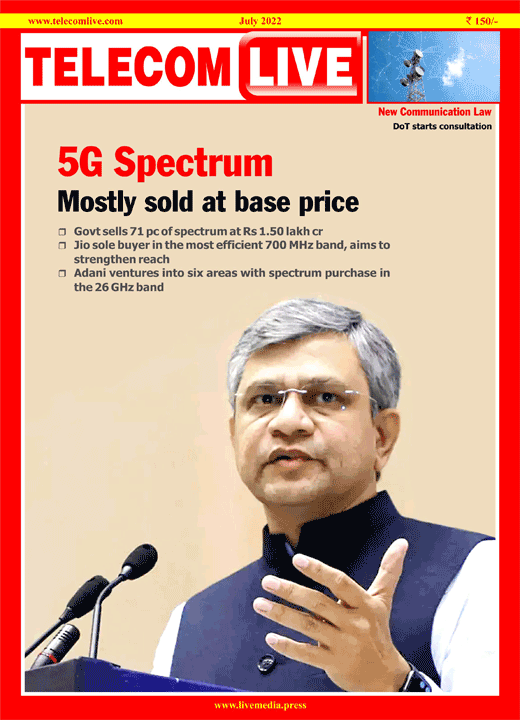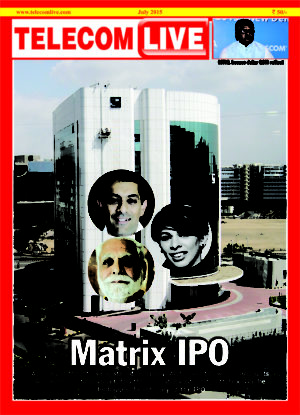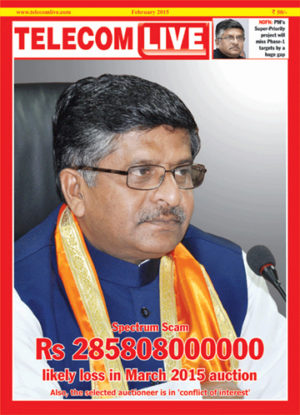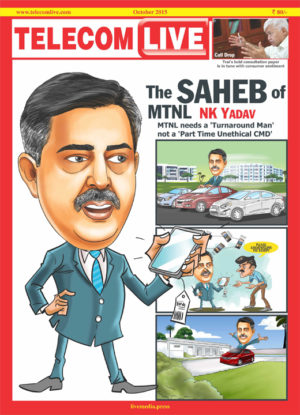From July 22-August 1, 2022, a seven-day 5G spectrum auction done over 40 clock-rounds of bidding got the government a total of Rs 150,174 crore by selling 51,236 MHz spectrum. This represents 71 per cent of the quantum of spectrum and 31 per cent in value of the spectrum offered for auction. Which operator got what, how much did they bid for, which were the bands that attracted no takers, all these details are comprehensively accounted for in data spreads of this edition.
Spectrum in all service areas was sold at base price. The exception to this trend was the sale of 1800 MHz band spectrum in Odisha and Uttar Pradesh (East) which saw competition between Jio and Airtel and this fetched Rs 798 crore more than the reserve price for the government. No takers were there in two bands: 600 MHz band and 2300 MHz. While the former was worth Rs 117,810 crore and it did not have a developed eco-system, and the latter worth Rs 4,430 crore was unpaired and therefore did not attract demand.
About 75 per cent of the spectrum in the two new bands 3300 MHz and 26 GHz was sold out.
Jio is planning a pan-India 5G rollout coinciding with ‘Azazdi ka Amrit Mahotsav.’ Airtel will start with key cities and launch in every part of the country. Vodafone Idea will not launch 5G services in six areas: Bihar, Odisha, Himachal Pradesh, Jammu & Kashmir, Assam, and North East. Adani Data Networks Ltd has bought spectrum in the 26 GHz band in six areas: Mumbai, Gujarat, Andhra Pradesh, Tamil Nadu, Karnataka, and Rajasthan and will establish data centres at six locations. It has big plans for industrial internet.
Bidders have the option to pay the entire amount upfront or in 20 annual instalments to be paid in advance at the beginning of each year. For the balance 19 instalments, a 7.2 per cent interest rate, computed annually, will be charged. The first annual instalment to be paid by all the participants is Rs 13,365 crore, in total. This is expected to significantly ease cash flow and lower the cost of doing business in India.




